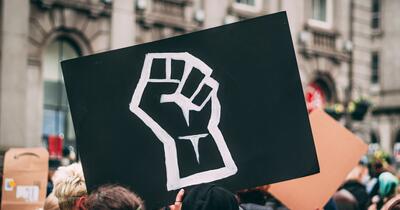
Juneteenth Was Not Freely Given—It Was Won
On Juneteenth's call to justice and the U.S. Supreme Court's role in the eternal quest for Black liberation.

Juneteenth is a verb.
Juneteenth resonates as a symbol of freedom and resilience, encapsulating the enduring struggle against oppression and the relentless pursuit of equality. It’s a day of remembrance, celebration, and reflection on the journey from bondage to liberation. Beyond its cultural significance, Juneteenth challenges the United States to confront its history of racial injustice and commit to building a future where every citizen enjoys true freedom and equality under the law. Juneteenth is a verb.
In the annals of American history, the Supreme Court played a pivotal yet contradictory role in the quest for Black liberation. As we reflect on our Juneteenth journey, it is evident that the Court has been both a catalyst for progress and an obstacle to justice.
From the infamous Dred Scott decision of 1857, which denied citizenship to African Americans, to the landmark Brown v. Board of Education ruling in 1954, which dismantled the legal basis for racial segregation, the Court's decisions have swung like a pendulum, shaping the contours of racial justice in America.
The Supreme Court's rulings have occasionally propelled the nation toward equality. The Brown decision 70 years ago, declaring state laws establishing separate public schools for Black and white students to be unconstitutional, ignited the Civil Rights Movement. This was a moment when the Court stood on the right side of history, challenging entrenched systems of racial oppression and setting a precedent for future advances in civil rights.




